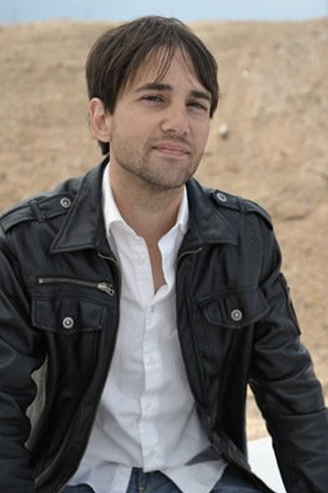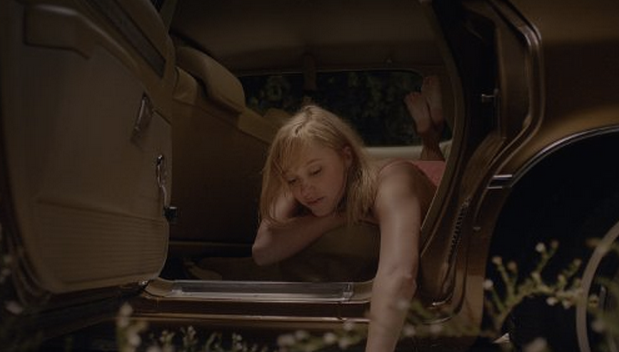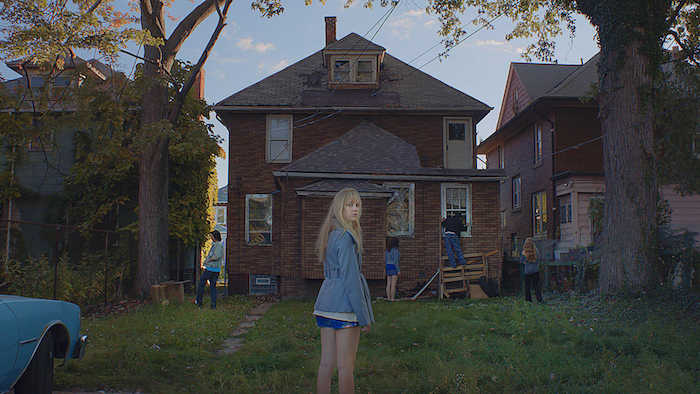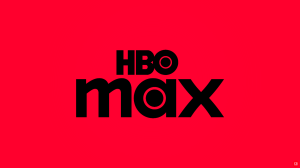David Robert Mitchell, director and writer of It Follows,sat down with me on historic Main Street in Park City during the 2015 Sundance Film Festival to talk about his film – even though he was dreadfully sick with the flu. It Follows had its first night at Sundance the evening before, a midnight showing with a Q&A after, in which Mitchell bravely answered questions despite his hoarse throat.
Videos by ComicBook.com
ComicBook: In the Q&A last night, you said that that the film was inspired by a nightmare that you used to have.
David Robert Mitchell: Yeah, when I was a kid.
CB: So, do you have anxiety nightmares now?
DRM: I don’t really remember my dreams. The truth is that at a certain age, I just stopped remembering them. I used to have a lot of nightmares, and I think I kind of willed them away. I go to sleep, and I wake up and I don’t remember anything. I think some of that stuff comes out probably in my writing, I guess. But I may [have nightmares], it’s very possible that I do but I’m not aware of it.
CB: So no more plans for nightmare-inspired scripts?

DRM: Who knows? I mean I definitely had a lot when I was younger, and they sit with you. Ya know? I don’t know if you had them a lot as a child?
CB: Yeah, and I think they [nightmares] provide pretty unique ideas.
DRM: Yeah, and a lot of people that I’ve talked to have had that same nightmare, or similar types of anxiety dreams. So I think it maybe touches on something people understand.
CB: For a movie that has a plot that’s so reliant on sex, it seems to really not make a statement about sex. Is that intentional?
DRM: Well, I’ve heard some people who seem to feel like it’s somehow anti-sex or that it’s somehow trying to suggest that the characters are doing something wrong. I don’t personally see it that way. To me, they’re doing nothing wrong. It’s fine for them to have sex. For me I’m not trying to make a statement. Terrible things do happen in this film, but to me that’s just an aspect of life. Terrible things happen in all aspects of life that are important to us.
CB: So you’re definitely not making a statement about sex?
DRM: Well I’m not, but some people read into it that way, and that’s totally fine. I mean I think that’s interesting, that some people see it that way and see it as making a very conservative statement, and then there are some that see it the other way. Through sex, the characters open themselves up to this danger, but sex is also the thing that, at least temporarily, can free them. So to me, it’s not as simple as maybe it sometimes seems.
To me, it’s more about how we all deal with our own mortality. It’s something that’s there with us at all times. And sex and love are some of the ways that we can push that [mortality] away a little bit. It’s always here, but it [sex] is a way to keep it at bay.
CB: You’ve filmed both It Follows and The Myth of the American Sleepover in Michigan, specifically in Detroit. Why is it so important to you to make movies there?
DRM: I grew up in Michigan. I went to college in Detroit. My family is there; it’s like home to me. I’ve lived in LA for a long time now, that’s also home, but I like going back there [to Michigan]. I wrote the story to take place there. I know what it looks like, I have ideas in mind for where things would be. And the separation between the city and the suburbs is important to me, and that’s very much an issue in the Detroit area.
CB: The music in It Follows is obviously awesome, and it’s such a big player in the movie. How involved were you in the making of it? How much collaboration went on between you and Disasterpeace?
DRM: Ultimately, he did it. It’s his amazing work. We temp scored with a lot of different music in our early cuts and used that as a starting point. And then, Rich, Disasterpeace, would start to create a queue and he’d send me what he’d come up with. And then we’d be like, “oh, that’s amazing,” or “okay, that’s great, but how about we do this, or a little more of this,” and it all ended up coming together really fast. The film had gotten into Cannes Critics’ Week and we only had like four weeks or something crazy to finish it. Rich was still writing music on the Sunday before the Friday we premiered. It was a lot of back and forth, but ultimately it’s his amazing work.
CB: The music is so important in the movie that I had to wonder how much you were involved with it.
DRM: We talked about it a lot. It was definitely collaboration.
CB: It really feels the music is its own separate character.
DRM: I wanted something that would really stand out, and I knew that he [Disasterpeace] could do that. And obviously what he did was even better than what I had hoped for.
CB: Are you a fan of the superhero sub-genre of movies, or how you feel about that trend?
DRM: I grew up reading comic books and I still have many boxes of comic books. I don’t read them as much now, sometimes I do. I love some superhero movies. I love when they have a really unique voice to them, and those are the ones that really stand out to me. There are a lot that I like.
CB: Would you ever want to make a comic book adaptation movie?
DRM: I would if I could one the way that I wanted to, and I don’t know if that happens much. But yes, if I could actually do something my way, I would.
CB: Cool, do you have any favorites? Maybe even from your childhood? Any characters that really speak to you?
DRM: A lot of them have already been done, ya know? As a kid I loved Judge Dredd. The obvious ones, I read all of them. I read a ton of Spider-man, Fantastic Four, I mean all kinds of stuff, so many. Atari Force? I remember that one.
CB: So do you have any other projects in the works right now?
DRM: Yeah, I have some stuff that I’m trying to get going. All different genres.
CB: Have you been to Sundance before?
DRM: I’ve never been here before, no.
CB: Are you getting to see any movies, or are you just laying low since you’re sick?
DRM: Because I’m sick, I’ve been in bed. I mean it definitely sucks, it’s bad timing, but it’s still nice [at Sundance].
CB: Are there any films in the festival program that you’re interested in?
DRM: Oh, a ton, but I’ve been intentionally not looking because I no I don’t have the energy to go see them. I really wanted to see that documentary about Cobain. Have you seen it?
CB: I haven’t, but I’ve heard a lot of people talking about it. I think that’s one of the coolest things about Sundance, how you can just get on a bus and hear people talk about movies.
DRM: Yeah, like here. And everyone loves Nirvana, of course.
We’d like to extend an additional thanks to David Robert Mitchell for taking the time to talk with us. Check out our review for It Follows here.











